Will a Heat Pump Increase My Electric Bill? Understanding Energy Costs and Efficiency
Heat pumps are gaining popularity as an energy-efficient solution for home heating and cooling. You might be wondering how installing one could impact your electric bill. While a heat pump can increase your electricity usage, it often leads to overall energy savings compared to traditional heating systems.
Heat pumps work by transferring heat from the outside air or ground into your home, rather than generating heat directly. This process is typically more efficient than conventional heating methods. In many cases, the increase in your electric bill is offset by the reduction or elimination of other energy costs, such as gas or oil for heating.
Your specific energy savings will depend on factors like your local climate, current heating system, and electricity rates. In milder climates, heat pumps can be especially cost-effective. It's worth considering how a heat pump might fit into your home's energy profile to determine potential long-term savings.
Understanding Heat Pumps
Heat pumps are a component of heating and cooling systems that transfer heat between indoor and outdoor spaces. They offer versatile temperature control and can significantly impact your home's energy consumption.
How Heat Pumps Work
Heat pumps use refrigerant to move heat from one place to another. In winter, they extract heat from the outdoor air or ground and transfer it inside. During summer, the process reverses, removing heat from your home and expelling it outside.
This technology relies on a compressor, condenser, and evaporator to circulate refrigerant. The system can switch between heating and cooling modes by reversing the flow of refrigerant.
Heat pumps are highly efficient because they move heat rather than generate it. This process requires less energy than traditional heating methods.
Types of Heat Pumps
Air-source heat pumps are the most common type. They extract heat from outdoor air and transfer it inside. These units are suitable for moderate climates and are relatively easy to install.
Ground-source (geothermal) heat pumps use the earth's constant underground temperature. They're more expensive to install but offer higher efficiency and lower operating costs.
Water-source heat pumps work similarly to ground-source systems but use a body of water as the heat exchange medium. These are ideal for properties near lakes or ponds.
Ductless mini-split system heat pumps provide zoned heating and cooling without ductwork. They're excellent for additions or rooms that are difficult to heat and cool.
Comparing Heat Pumps to Traditional HVAC Systems
Heat pumps often outperform traditional HVAC systems in energy efficiency. They can provide both heating and cooling, eliminating the need for separate furnaces and central air systems.
Unlike gas furnaces, heat pumps don't burn fuel to create heat, making them safer and cleaner to operate. They also offer better humidity control in cooling mode compared to standard air conditioners.
In extremely cold climates, heat pumps may require auxiliary heat sources to maintain comfort. This can increase electricity usage during cold snaps.
Factors Affecting Electric Bill Increases
Heat pumps can impact your electricity costs in various ways. Several key factors determine whether you'll see an increase in your electric bill after installation.
Initial Installation and Costs
The upfront cost of a heat pump system can be significant. You may need to finance the installation, which could add to your monthly expenses. However, many utility companies offer rebates or incentives for installing energy-efficient heat pumps. These can help offset initial costs.
Some areas have programs that allow you to spread the installation cost over time through your electric bill. This can make the transition more affordable but may temporarily increase your monthly payments.
Heat Pump Usage Patterns
Your electricity consumption will vary based on how you use your heat pump. Setting the thermostat at extreme temperatures will cause the system to work harder, using more energy. Consistent, moderate settings are more efficient.
Proper maintenance is crucial. Regular filter cleaning and professional tune-ups ensure your heat pump operates at peak efficiency. Neglecting maintenance can lead to higher energy consumption and increased bills.
Using programmable thermostats can optimize your heat pump's operation. You can set lower temperatures when you're away or sleeping, reducing overall energy use.
Home Insulation and Efficiency
Your home's insulation plays a vital role in heat pump efficiency. Well-insulated homes retain heat better, reducing the workload on your heat pump. Proper air sealing prevents heat loss through gaps and cracks.
Upgrading insulation in walls, attics, and floors can significantly improve your home's energy efficiency. This investment can lead to lower electric bills over time.
Energy-efficient windows and doors also contribute to better heat retention. Replacing old, drafty ones can enhance your heat pump's performance.
Climate and Geographic Location
Your local climate greatly influences heat pump efficiency. In moderate climates, heat pumps are highly effective and can lead to energy savings. Extreme cold or hot regions may require more energy to maintain comfortable temperatures.
Coastal areas with high humidity might see increased energy use as heat pumps work to dehumidify the air. Dry climates typically allow for more efficient operation.
The cost of electricity in your area impacts your bills. Regions with higher electricity rates will see more noticeable changes in energy costs when using a heat pump.
Reducing Energy Costs with Heat Pumps
Heat pumps offer numerous ways to lower your energy expenses. Proper usage, government incentives, and home efficiency upgrades can significantly reduce your electricity bills.
Strategies for Optimized Use
Set your heat pump to the most efficient temperature. In winter, aim for 68°F (20°C) and in summer, 78°F (26°C). Use programmable thermostats to automatically adjust temperatures when you're asleep or away.
Clean or replace filters monthly to maintain optimal airflow. Schedule annual professional maintenance to keep your system running efficiently.
Consider zoning your home. This allows you to heat or cool only occupied areas, reducing energy waste.
Use ceiling fans in conjunction with your heat pump. They can help distribute air more evenly, allowing you to adjust your thermostat by a few degrees without sacrificing comfort.
Government Incentives and Programs
Take advantage of federal tax credits for energy-efficient heat pumps. You may qualify for up to $300 in credits for systems meeting specific efficiency requirements.
Check your state and local utility companies for additional rebates. Many offer cash incentives for installing high-efficiency heat pumps.
Look into the Weatherization Assistance Program if you're on a low income. This federal program can help improve your home's energy efficiency at no cost to you.
Some utilities offer time-of-use rates. By running your heat pump during off-peak hours, you can significantly reduce your electricity costs.
Upgrading Home Efficiency
Insulate your home properly. Good insulation keeps heat in during winter and out during summer, reducing the workload on your heat pump.
Seal air leaks around windows, doors, and other openings. This prevents conditioned air from escaping, improving your heat pump's efficiency.
Install energy-efficient windows. They help maintain indoor temperatures, reducing the need for heating and cooling.
Consider a heat pump water heater. These units can be 2-3 times more efficient than traditional electric water heaters, further lowering your electricity usage.
Upgrade your lighting to LEDs. While not directly related to your heat pump, this change can noticeably reduce your overall electricity consumption.
Heat Pumps and Environmental Impact
Heat pumps offer significant environmental benefits through their energy efficiency and potential for integration with renewable energy sources. They play a crucial role in reducing greenhouse gas emissions and shaping the future of residential heating.
Renewable Energy Integration
Heat pumps can be seamlessly integrated with renewable energy sources like solar panels. This combination allows you to power your heating system with clean electricity. When connected to a solar array, your heat pump can utilize excess solar energy during peak production hours.
By pairing heat pumps with renewable energy, you reduce reliance on fossil fuels. This integration helps stabilize the electrical grid and promotes sustainable energy consumption. As more homes adopt this approach, it contributes to a cleaner, more resilient energy infrastructure.
Reducing Greenhouse Gas Emissions
Heat pumps significantly lower greenhouse gas emissions compared to traditional heating systems. By using electricity instead of burning fossil fuels, they help decrease your carbon footprint.
The extent of emission reduction depends on your local electricity mix. In areas with a high percentage of renewable energy, the benefits are even greater. As the grid becomes cleaner, heat pumps become increasingly environmentally friendly.
Energy-efficient heat pumps can reduce heating-related emissions by up to 50% in some cases. This reduction plays a vital role in combating climate change and meeting decarbonization goals.
Future of Residential Heating
Heat pumps are poised to become the dominant technology in residential heating. Their ability to provide both heating and cooling makes them versatile and future-proof.
Advancements in heat pump technology continue to improve efficiency and performance. New models work effectively in colder climates, expanding their viability across diverse regions.
As countries push for decarbonization, heat pumps will likely become the standard for new construction. Retrofitting existing homes with heat pumps is also gaining traction. This shift aligns with global efforts to reduce carbon emissions and create more sustainable living spaces.

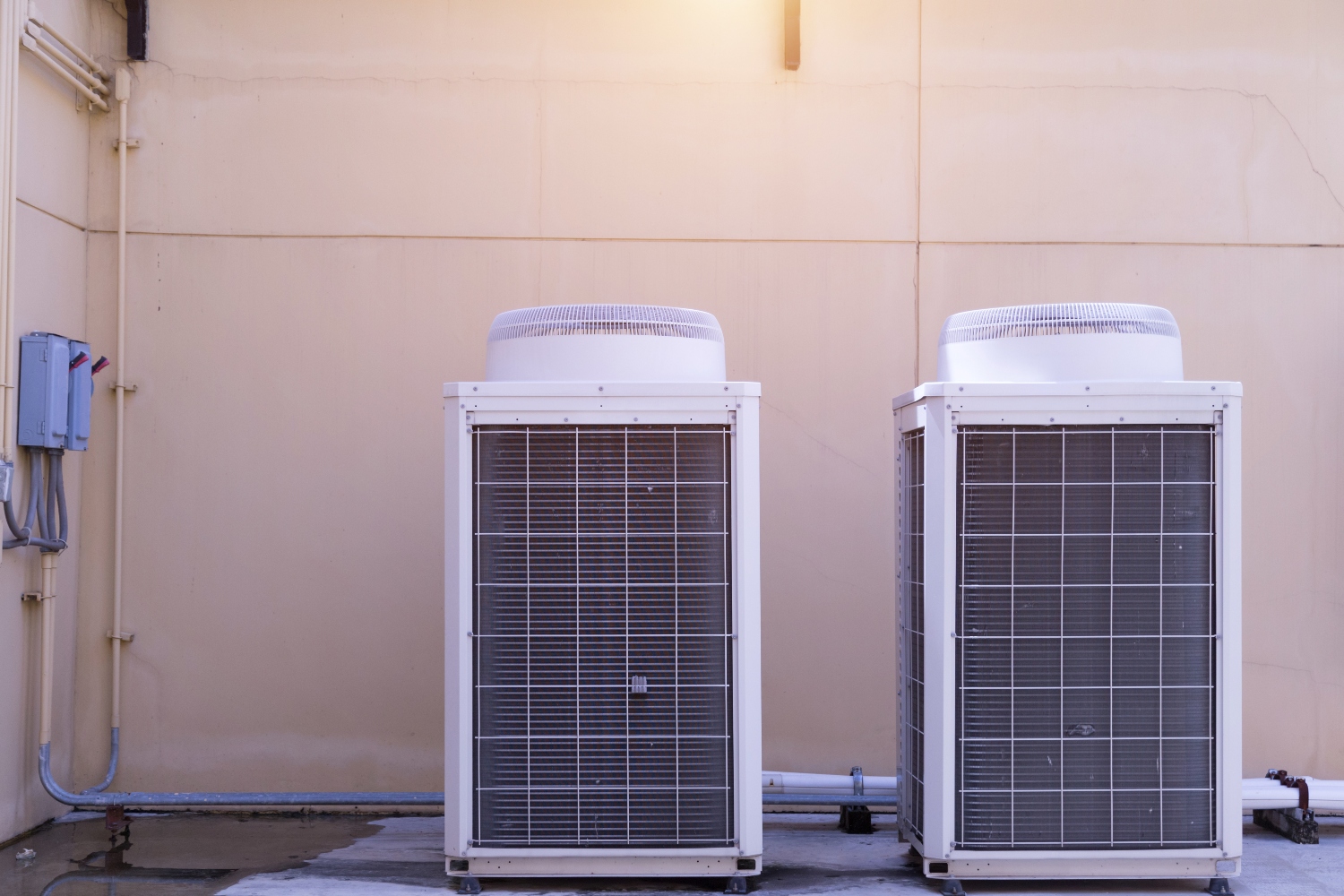
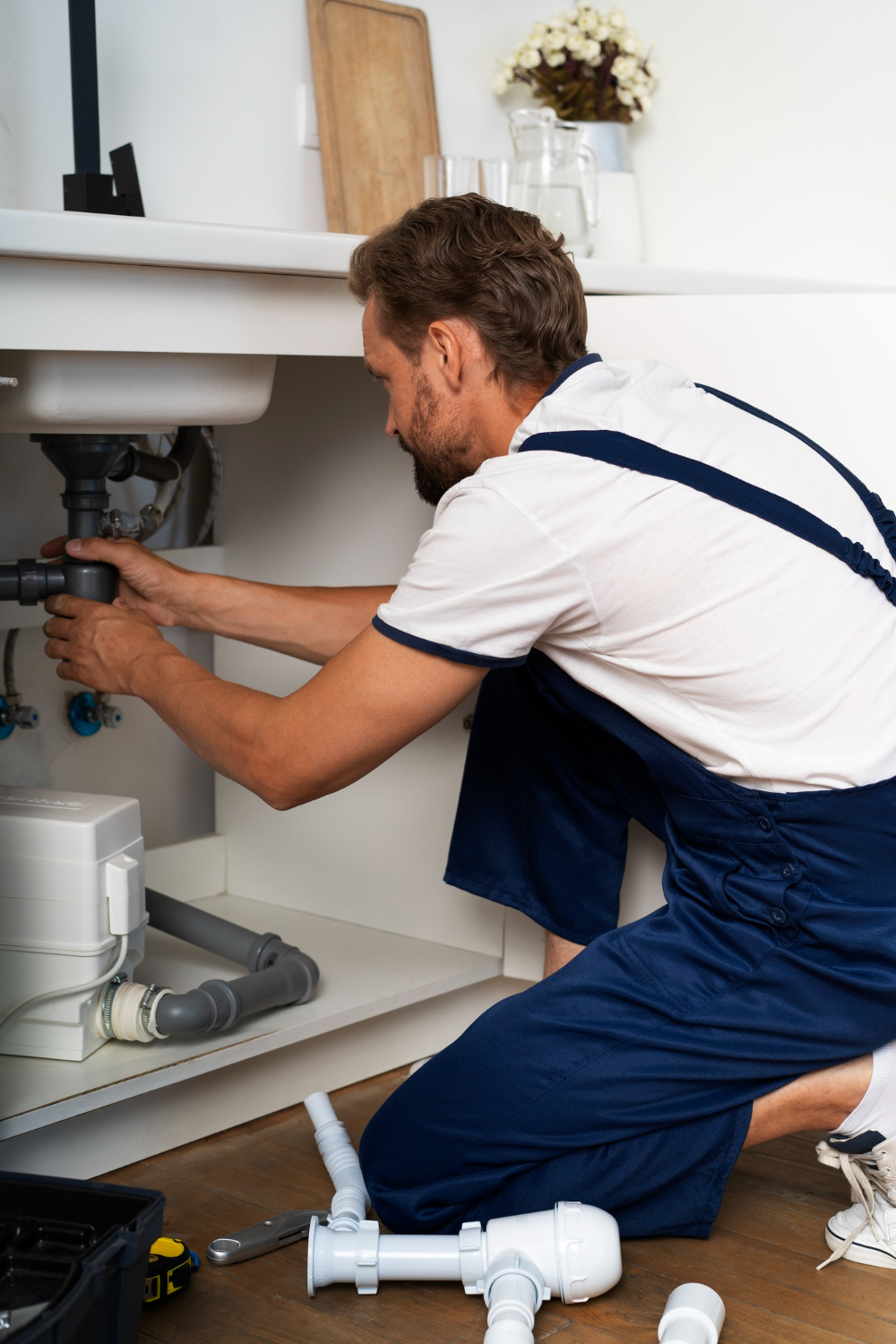
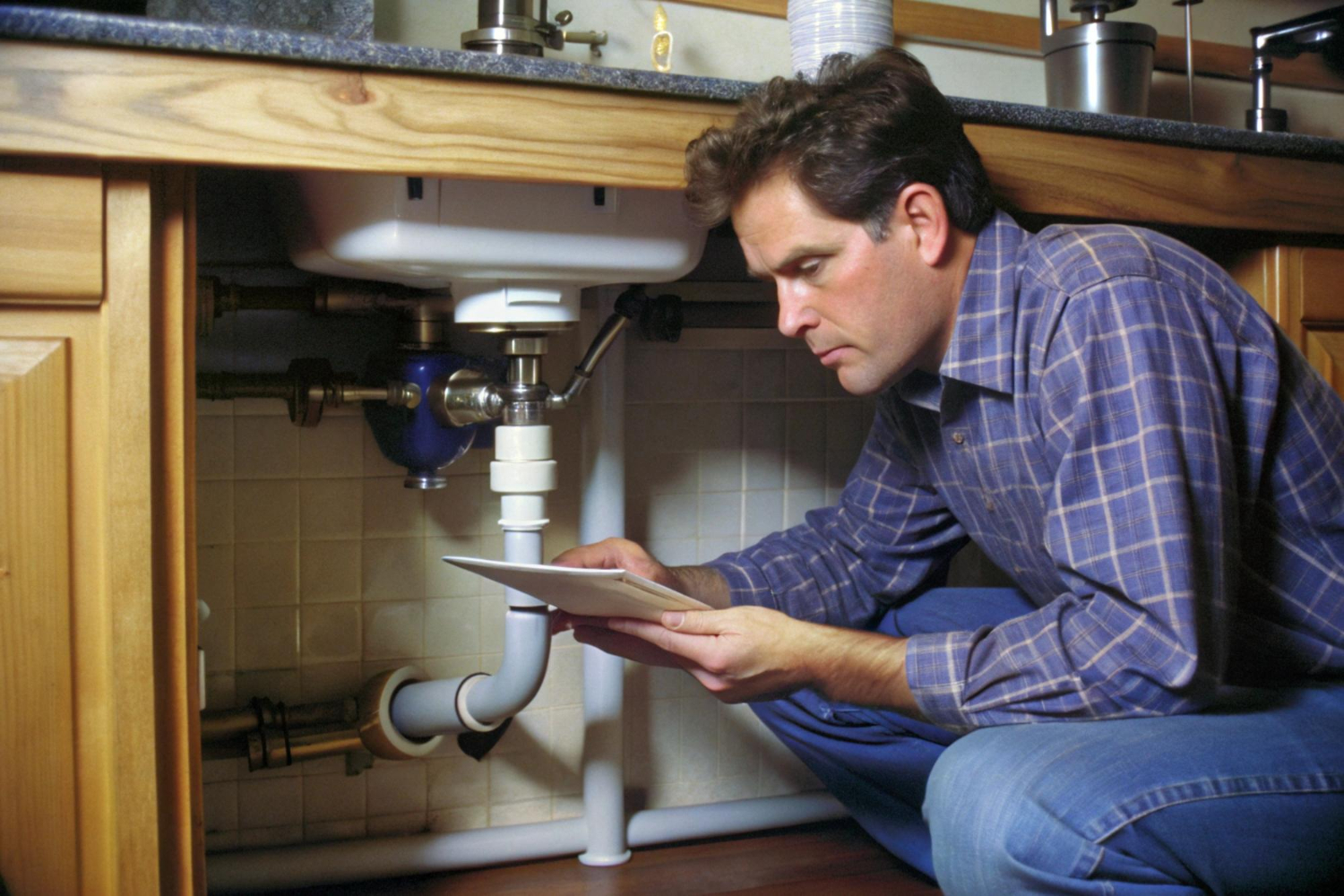
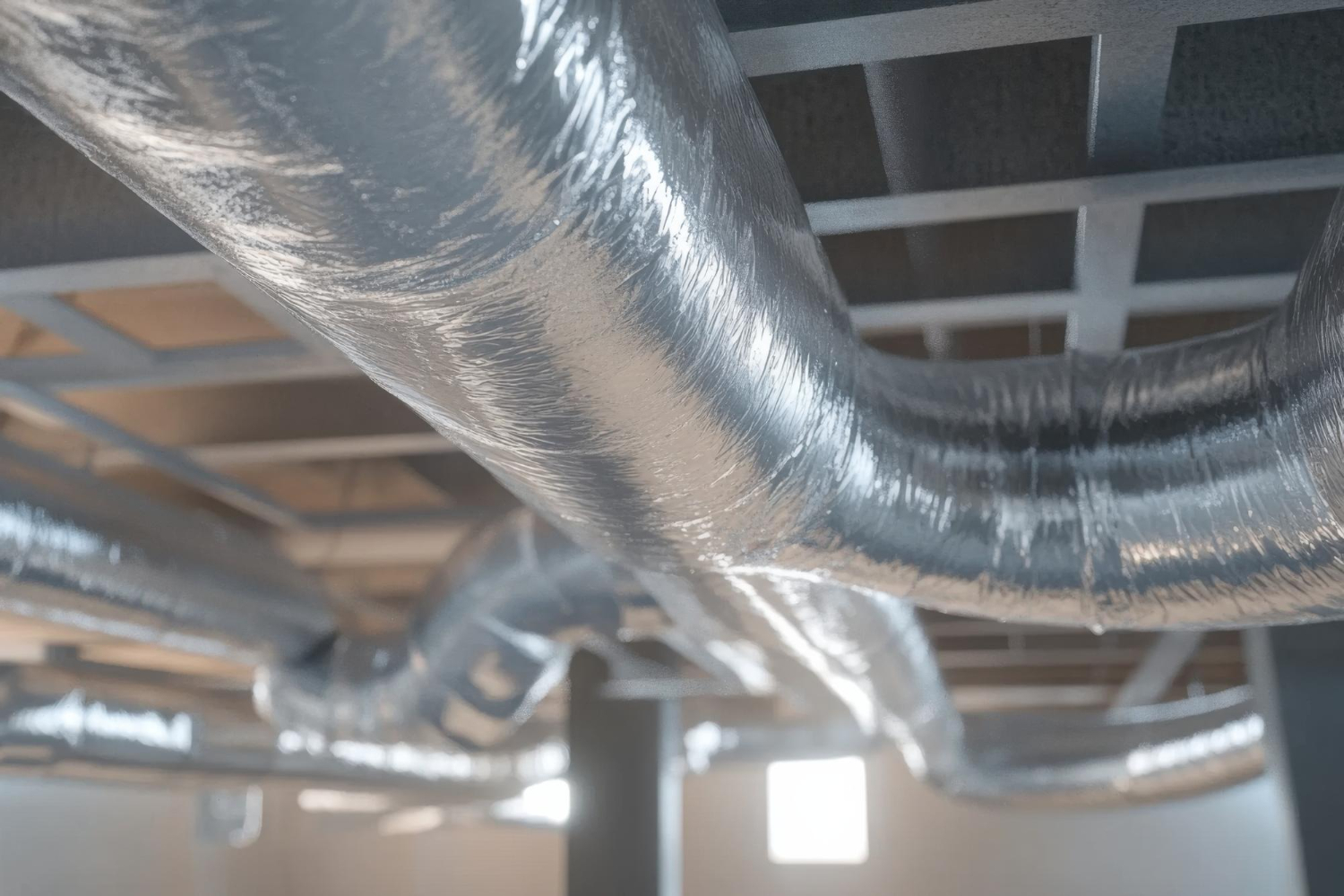
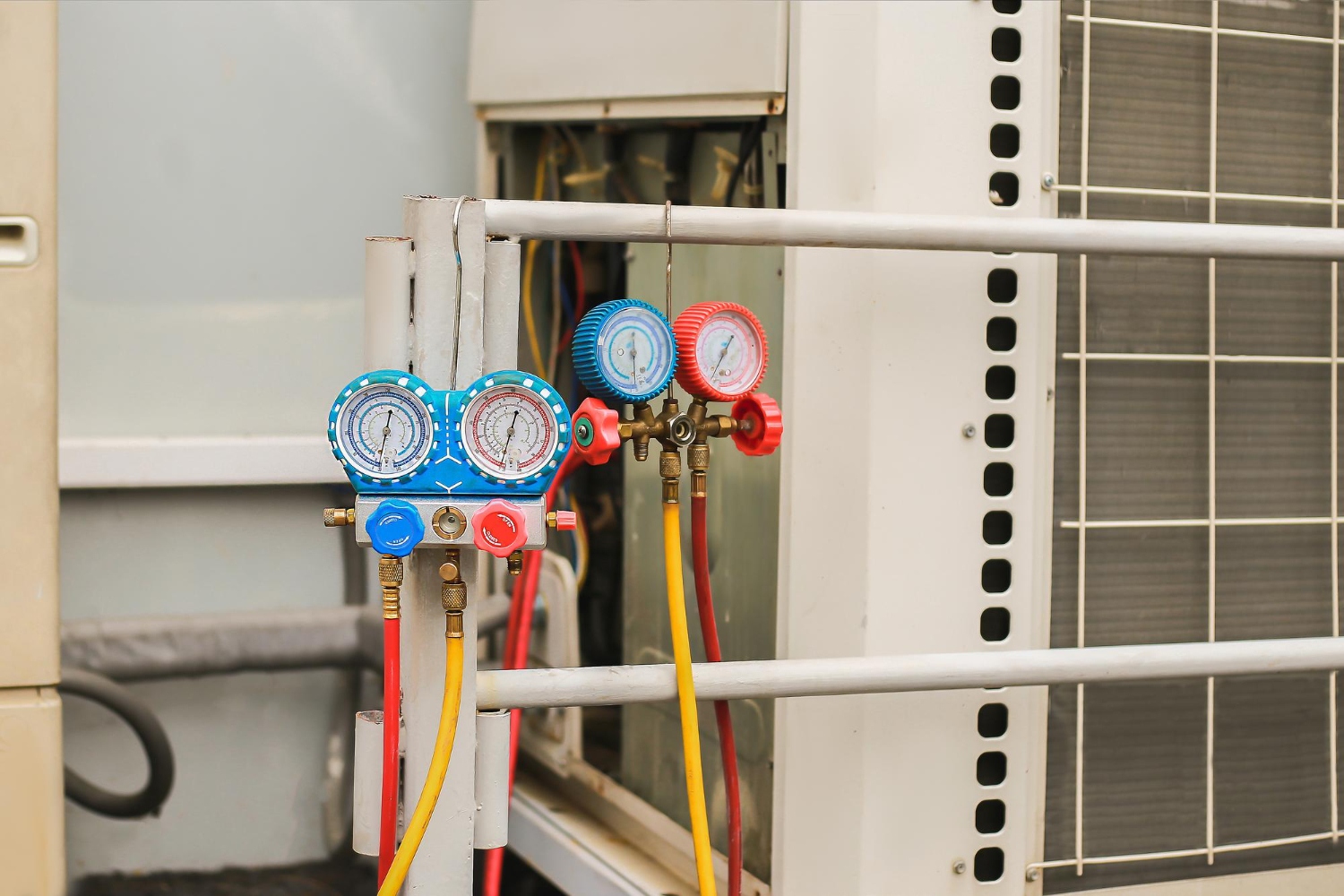
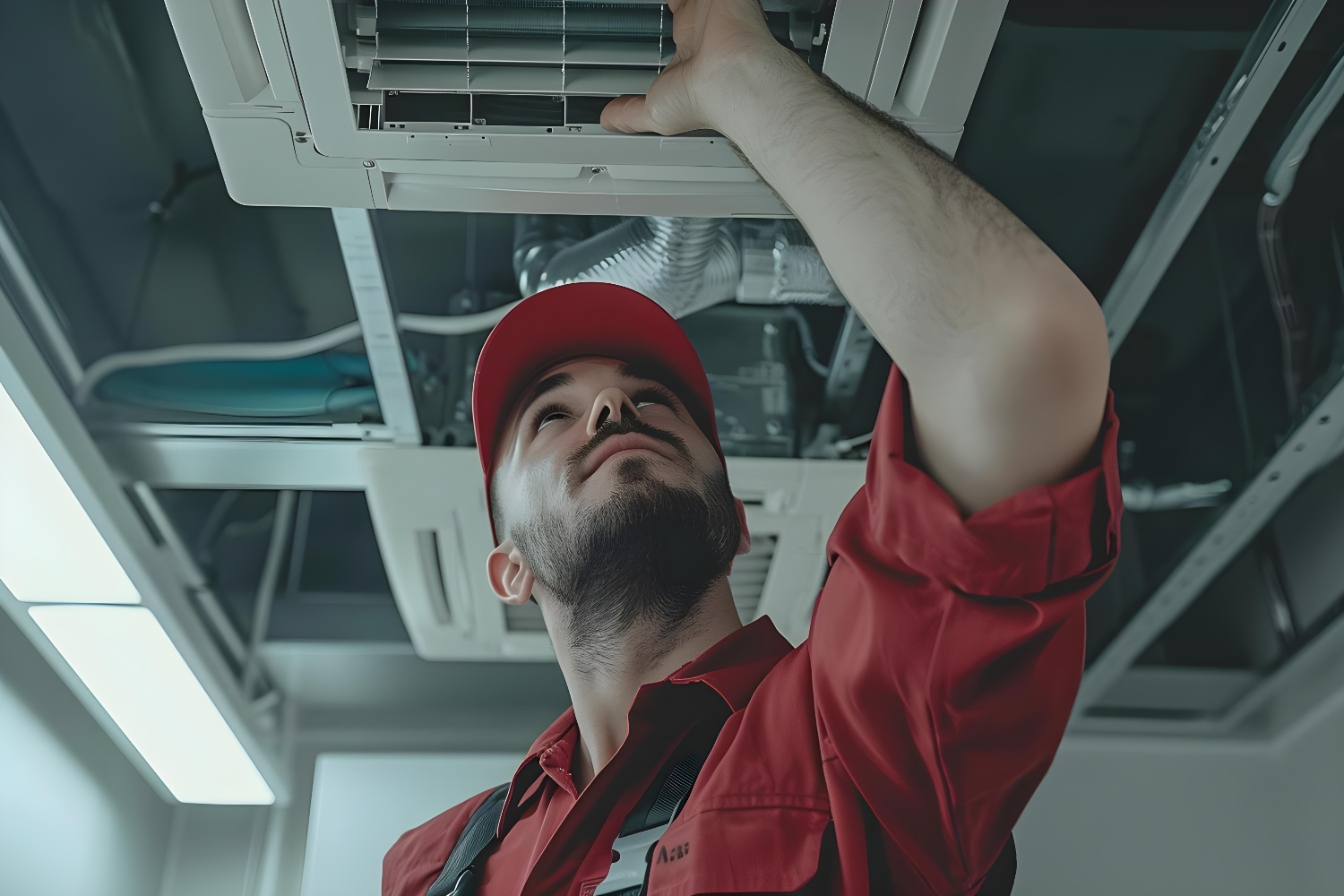
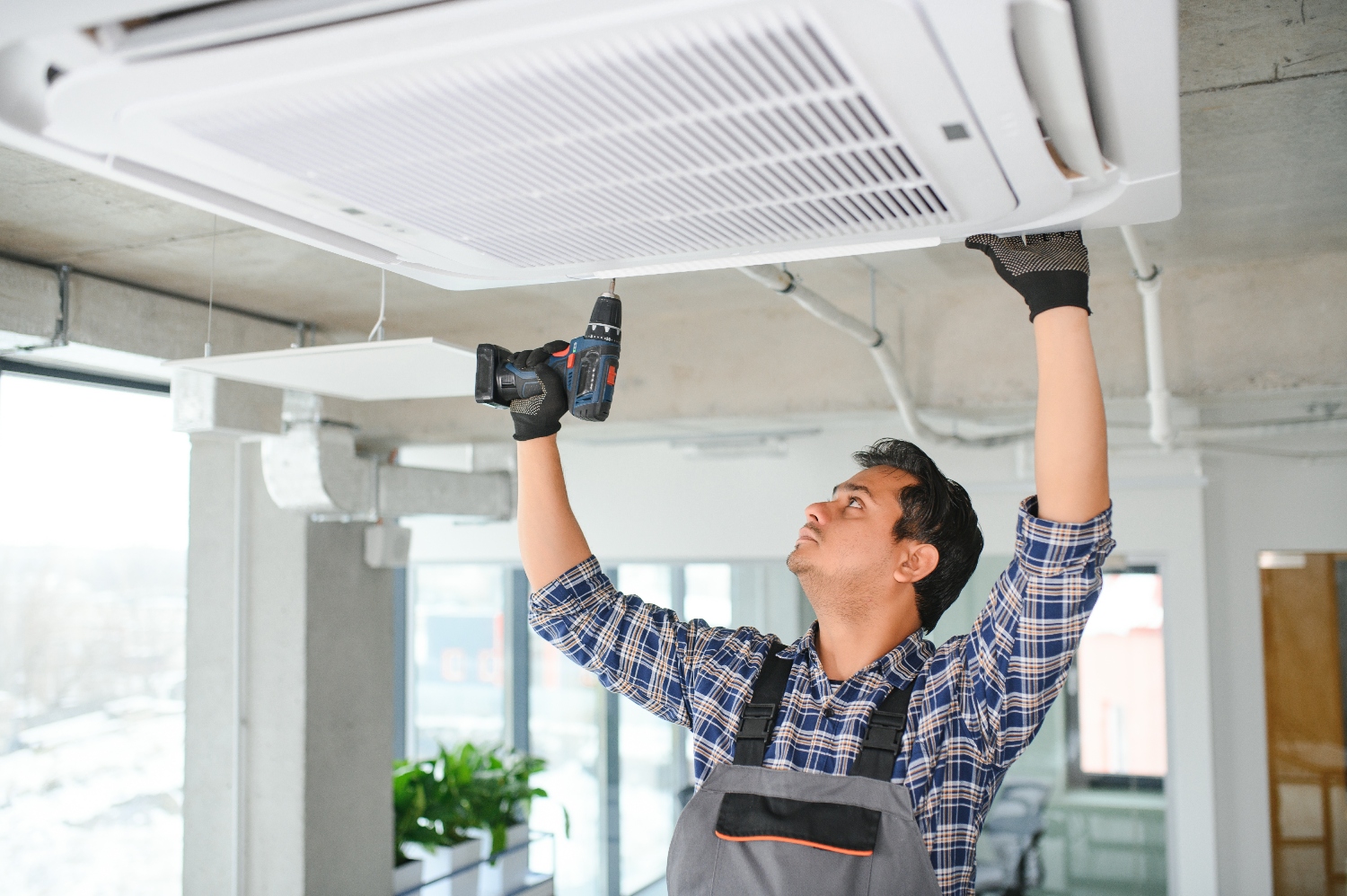
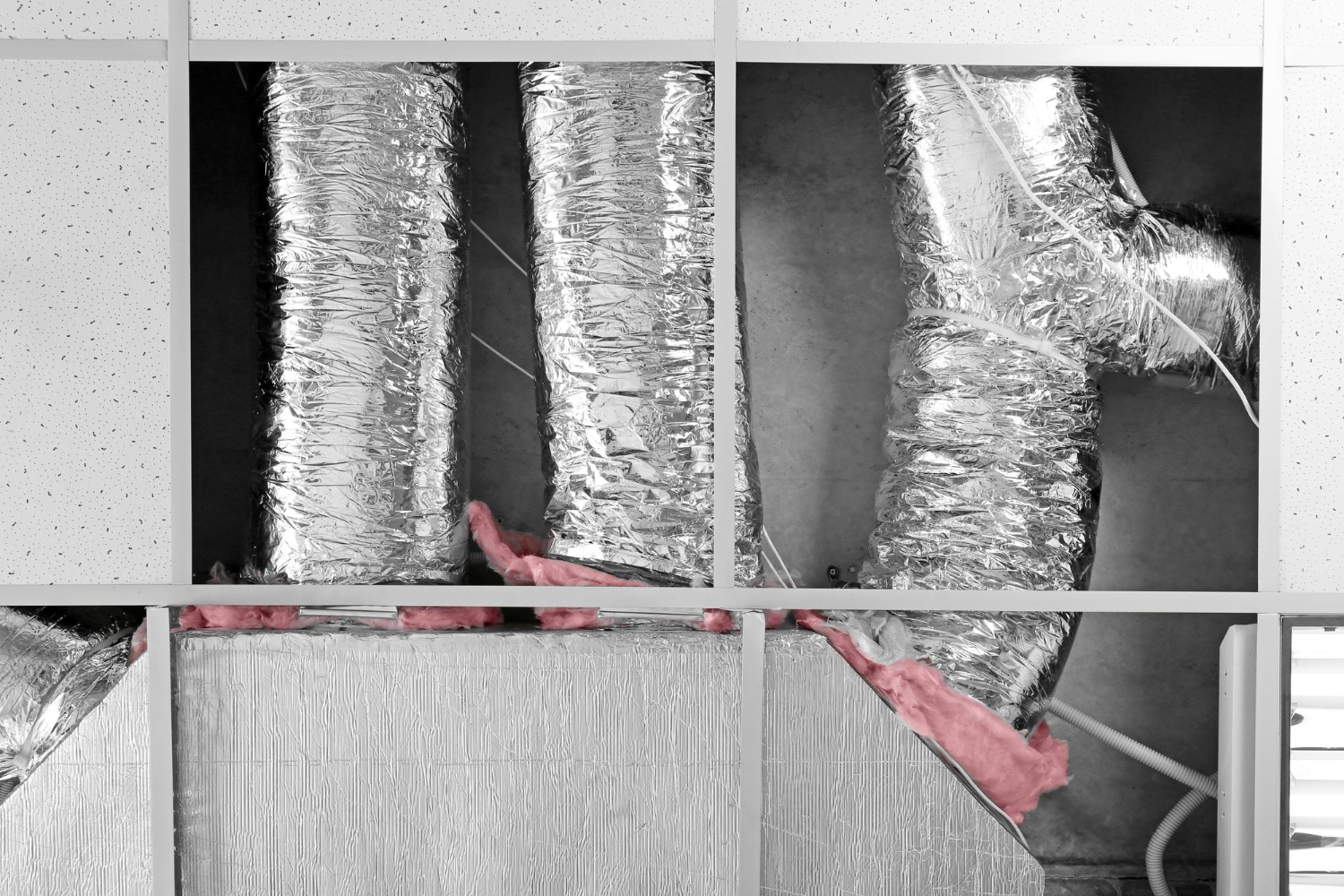































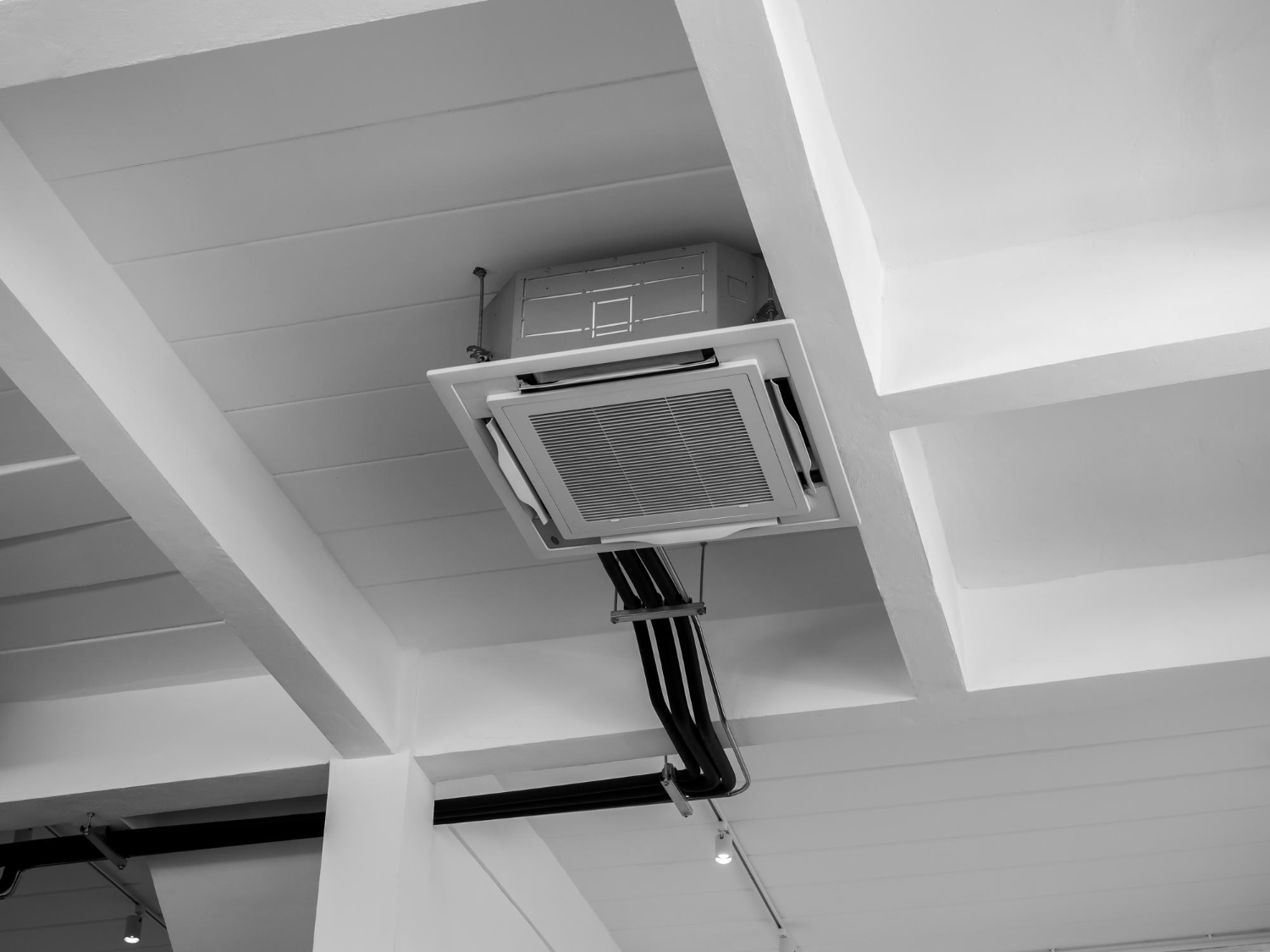




























.jpg)
.jpg)

.jpg)
.jpg)




















